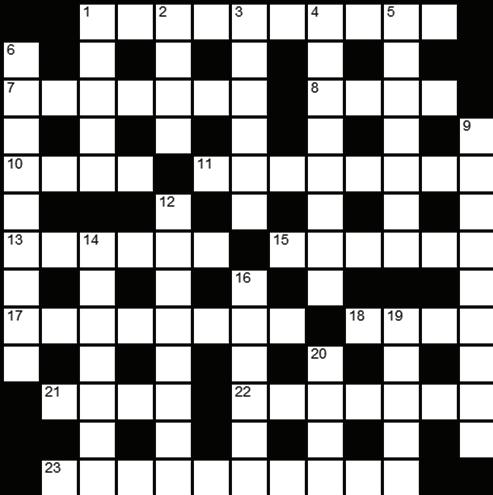
2 minute read
Keep An Eye On Their VisionWhy regular eye examinations for kids are important
When my son was eight his teacher called me to one side. “I’m concerned about his lack of progress lately,” she said, “And when I asked him why he hadn’t copied the spellings down from the whiteboard this afternoon he said he couldn’t see them.” This was how we discovered that Callum needed glasses. It had never been on my radar because no-one else in our family wears them, apart from his grandparents but most grandparents wear glasses because they are older, and older people wear glasses right? It came as a bit of a shock that poor Callum had been struggling for so long. I’d always taken him for regular dental checks, but he’d never had a sight test! #parentfail
A comprehensive eye examination ensures that a child has optimal vision, which plays a vital role in their education, participation in sports, and overall confidence. Additionally, eye examinations help identify conditions such as strabismus (where one of the eyes turns in or out), enabling early intervention and appropriate treatment.
Advertisement
Clear vision is essential for a child’s academic success. If vision problems remain unidentified then the child may experience difficulties with reading, writing, and focusing on classroom activities, as Callum did. Regular eye examinations can identify refractive errors (such as shortsightedness, long-sightedness, and astigmatism) and ensure that the child receives the necessary corrective measures, such as spectacles or contact lenses. By addressing their visual impairments, a child can then fully engage in the classroom, meaning that their performance in school should improve.
Participation in sports is a valuable aspect of any child's physical and social development. Poor vision can affect hand-eye coordination, depth perception, reaction time, and ultimately their enjoyment of sport. Regular eye examinations will detect any vision problems that may hinder a child's ability to perform well in sports. In addition, optometrists and dispensing opticians can provide appropriate solutions, such as sports safety spectacles, prescription swimming goggles, or contact lenses. Strabismus, commonly known as crossed or misaligned eyes, is a condition that requires early identification and intervention. Regular eye examinations from birth can detect strabismus in its early stages, allowing for prompt referral to a specialist. Early treatment can help correct the misalignment and improve the child's binocular vision, depth perception, and overall visual function. Identifying and managing strabismus at a young age is crucial for optimal visual development and can prevent long-term complications.
If like me you are fortunate enough to have excellent vision, this does not automatically bestow that same privilege on your child. Children with poor sight do not always know that they have poor sight because they have nothing to compare it with! I could kick myself for not realising this sooner. Callum’s performance in school accelerated dramatically once he had the correct spectacles, and he’s gone on to do very well academically. The story might have been quite different but for his observant primary school teacher.
Think of regular eye examinations as an investment in your child's future success. Examinations are free up to the age of 18 for those in full time formal education.
By Kate McCarthy
Sudoku
to play Sudoku
Fill in the grid so that each row, column and 3x3 box, contains the numbers 1 through to 9 with no repetition.
You don’t need to be a genius. These puzzles use logic alone. Watch out! Sudoku is highly addictive.











